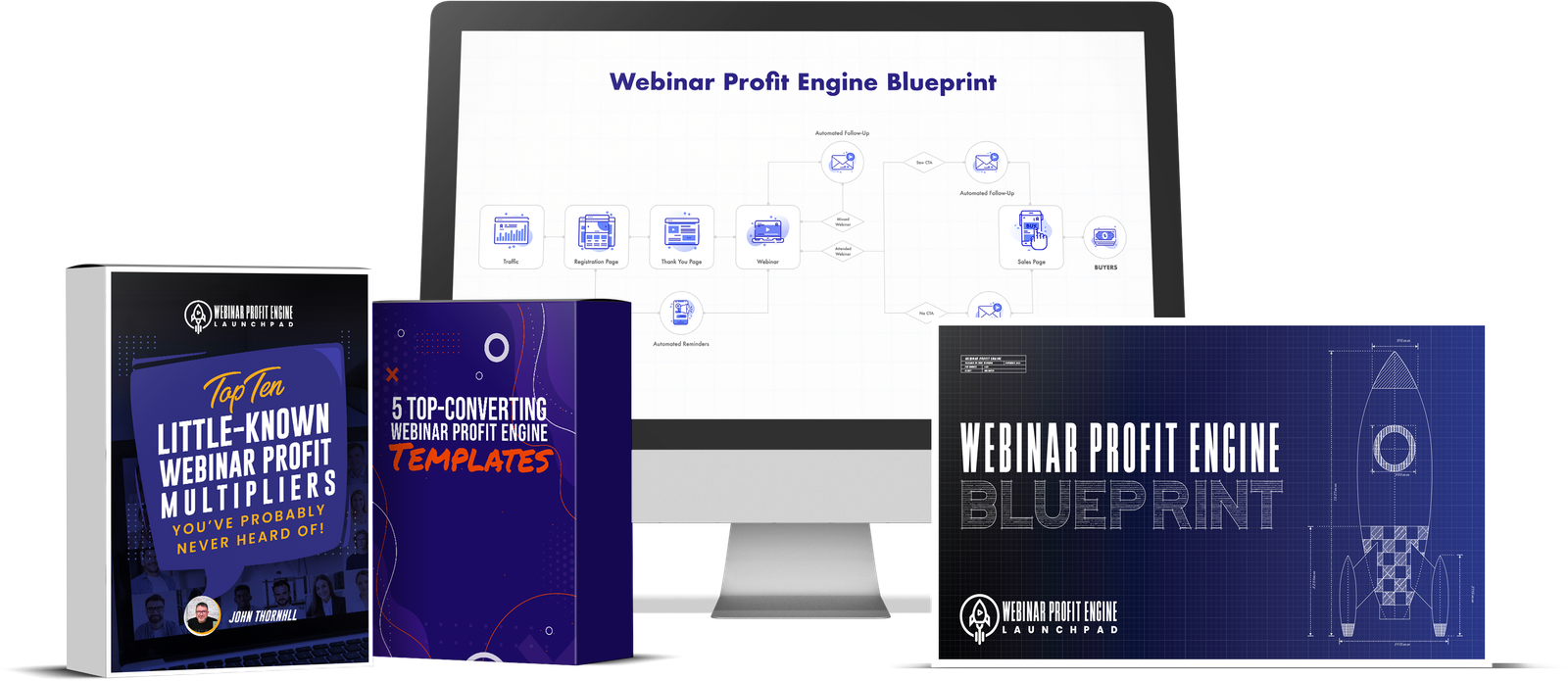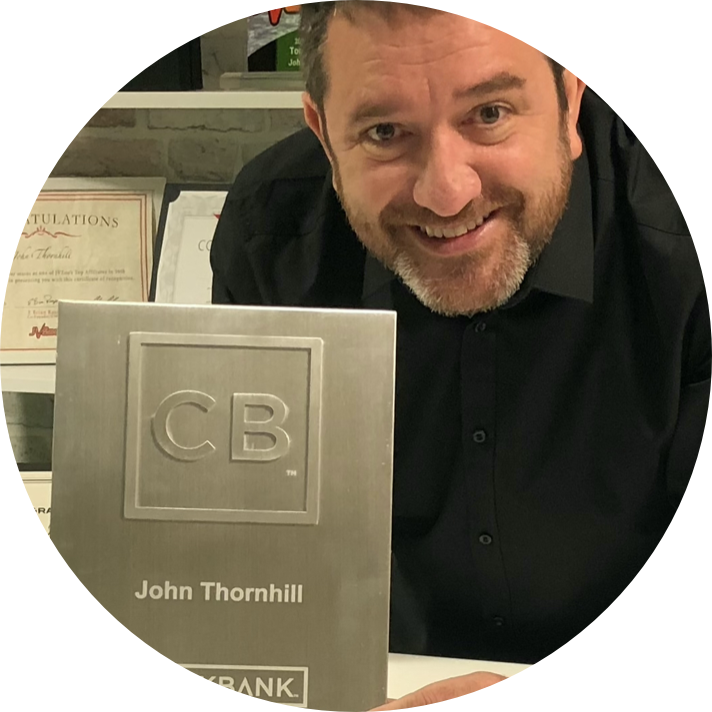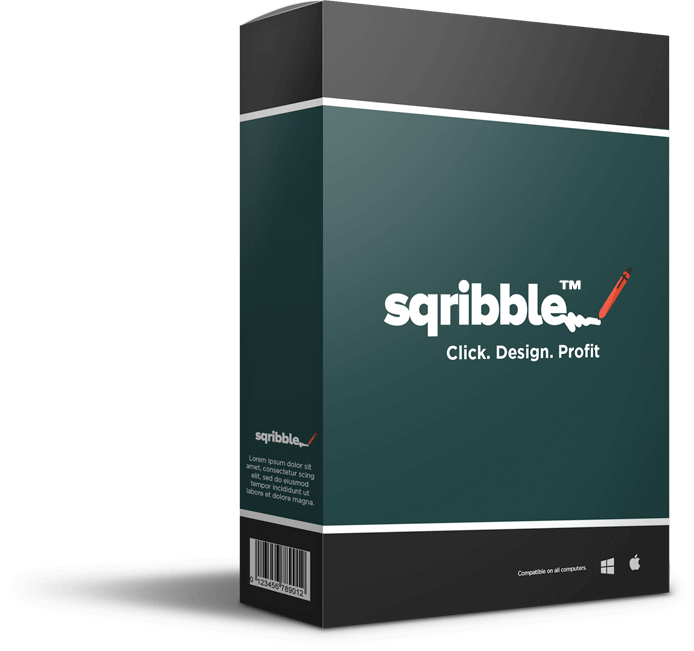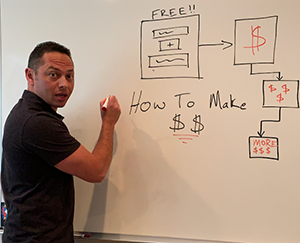How to Master Product Launches: Strategies That Stand the Test of Time written by John Jantsch read more at Duct Tape Marketing
The Duct Tape Marketing Podcast with Jeff Walker In this episode of the Duct Tape Marketing Podcast, I interviewed Jeff Walker, a renowned expert in product launches with over 30 years of experience in the industry. Jeff Walker is best known for their groundbreaking strategies that have contributed to multiple successful launches, totaling over $1 […]
Are DMs the new Cold Calls? written by John Jantsch read more at Duct Tape Marketing
The Duct Tape Marketing Podcast with Sean Malone
In this episode of the Duct Tape Marketing Podcast, I interviewed Sean Malone, a leading expert in the sales industry and a pioneer in leveraging direct messaging (DM) as a powerful tool for high-conversion sales. With the shift in consumer behavior and the increasing saturation of traditional sales channels, Sean Malone sheds light on why DMs are quickly becoming the new cold calls and how sales teams can harness this untapped powerhouse to drive better results. He explains that integrating DMs into your sales-management strategy could be the key to unlocking more personalized, efficient, and successful sales processes.
Key Takeaways
Questions I ask Sean Malone:
[01:29] I noticed you’ve built eight companies while reading your bio. Were any ventures that didn’t go as planned, or did they all succeed?
[03:56] Mastering sales has been a consistent theme throughout your journey. Would you agree that sales expertise has significantly impacted your success?
[06:13] You and your partner, Chris, developed a prospecting system now integrated into your software. Could you walk us through the critical elements of this system?
[12:10] With your use of technology, tasks that once took hours can be completed much faster. Do you find DM conversations more effective than traditional cold outreach methods? What makes DMs stand out?
[14:16] You’ve mentioned that the key is getting the conversation started, whether it’s through phone, email, or DMs. Are DMs particularly effective at initiating these conversations, even if there’s a risk of miscommunication later on?
[17:57] Where can our listeners connect with you and learn more about Flowchat?
More About Sean Malone:
- Add Sean Malone on LinkedIn
- Check out his Website
- Subscribe to Flow Chat’s Youtube channel
Like this show? Click on over and give us a review on iTunes, please!
Connect with John Jantsch on LinkedIn
This episode of The Duct Tape Marketing Podcast is brought to you by:
Oracle
Nobody does data better than Oracle. Train your AI models at twice the speed and less than half of the cost of other clouds. If you want to do more and spend less, take a free test drive at oracle.com/ducttape
Wix
work in sync with your team all on one canvas, reuse templates, widgets and sections across sites. Create a client kit for seamless handovers and leverage best in class SEO defaults across all your Wix sites.
Sean Malone (00:00): The one thing that’s different about dms, and actually the numbers prove it, is that when somebody sends you a dm, if it’s good messaging, you don’t discard it. What do you do? You click on that person’s profile and you creep on them a little bit on social. Make sure that they’re real, and then if they’re real and you like their stuff, then you come back and you respond. This is why dms have a high response rate way higher than anything else. And then if you’re not a clown, when you’re actually chatting in dms and you do it well, then you can start actually converting higher than any of the other methods of communication.
John Jantsch (00:32): Hello and welcome to another episode of the Duct Tape Marketing podcast. Is this John Jantsch My guest today is Sean Malone. He’s the co-founder and CMO of flowchat.com, a software tech company that is refined how people use dms for business agency owners and founders Turn to Flow Chat to set up an effective social selling system using dms seeking automation and one click power. Sean’s built eight companies. It’s first to achieve multiple six figures annually. The next four reached multiple seven figures, and the last two exceeded 10 million sales a year is aims for Flow Chat to become his first $100 million company. So Sean, welcome to the show.
Sean Malone (01:12): Hey, John, thank you so much for having me. I’m so grateful to be here, man, you’re a legend, obviously you writing the books that you’ve written in, so I’m really honored and humbled just to be here and chatted with you today. So thanks for the time.
John Jantsch (01:23): Well, I appreciate those kind words. So when I was reading your bio, I built eight companies. I kept wanting to hear about the total bomb. Was there not a total bomb in there?
Sean Malone (01:34): There’s plenty of bombs in there, I think. Yeah, for sure. Where do we start? Holy cow. This takes me back into when I was 15, I was pushing the shop room for my dad and I was learning, I was watching him. He had immigrated from South Africa to America when I was a young kid, and he just had this work ethic that I still haven’t seen rivaled Today. He was working like 120 plus hours a week, I guess maybe he had to because we moved here with little to nothing. And so he just started to just building stuff on his own. He’s a metal just by trade. He ended up, he was selling metal as a day job, and then he started a small business on the end, which was a import export cookware business. And so that’s where I really kind of started to learn entrepreneurship and I just kind of saw what it took to actually do it.
(02:24): And so then I went off into college and I started my own little auto detailing company. I would say that one kind of bombed. I got it to the point where I was doing work for the city and I was cleaning cop cars and some of those types of vehicles. And then my college career kind of came to an end and I didn’t know what to do. And so I just kind of gave the business away, even though it was making some pretty healthy money. It was, I don’t know, I’d say it’s probably making about 15,000 a month, but when you’re a college kid, that’s a lot of cash. So after that, I started selling as a manufacturer’s rep. I did pretty good, made a bunch of commission, ended up buying my first electronics manufacturing company, and that one I started, I think I negated a lot of failure in the early part of it because I always had somebody that was kind of in the game that knew how not to fail.
(03:15): And so I think it goes a long way to talk about mentorship. But that business, I grew that one from about 250,000 a month in revenue to, well, we were doing about 8 million a year, so that was almost, it was, it’s probably like 650 to, yeah. So I basically doubled that, tripled that business in about a couple of years, and that one got sold out from underneath me without me knowing. I was actually on a sales trip in California and my business partner called me back. He’s like, emergency, and I come back and there was no emergency. He just ended up selling a company without telling me in two weeks, which kind of hurts. Well,
John Jantsch (03:50): I was halfway kidding. But I mean, obviously you learned a lot from every one of those experiences. One of the things that seems to me that was a through line through all of your experience, your journey, including where you’re today, is mastering sales. Would you say there’s an element of that in that? So in fact, I think I saw another interview where you talked about being kind of a sales training junkie along the way. So I talked about Flow Chat being a software tech company, but would you say that at its heart it’s really a selling enablement tool?
Sean Malone (04:26): Yeah, definitely. Tech, sales, enablement, tech, I call us a communications organization. I’d say that’s probably better fit genre than anything else that we want. And like you said, yes, so I learned a tremendous amount of, throughout my journey was all sales related stuff. So I came out of college and I said, Hey dad, how do I make a boatload of cash? And he said, there’s three options. First option, are you a CEO? No, I’m 21. I don’t know what those letters mean. He’s like, are you an entertainer? No, I can’t sing or dance. He’s like, well, you better go and learn sales.
John Jantsch (05:03): Oh, he forgot another one. Can you throw a hundred mile an hour change up with your left hand? That would’ve been another good one.
Sean Malone (05:08): That would’ve been another great question. And the answer to that is also no, but yeah, and so then he said, you better go learn sales. So I was like, okay, great. So I took a job sales so I could learn sales, and I was terrible. I think that was probably my biggest bomb. I made 2,400 cold calls and I never booked a single appointment. That’s really bad. That’s like 80 calls a day for six weeks straight. And I was about done with it. I was like, this sales thing is stupid. I’m done. And I told my dad and my dad was like, don’t quit. I was going to quit. And he was like, go to the library and read a book. Okay, cool. Well, I went to the library, I picked up a Tom Hopkins, how to master the artist selling stuff book. And I was like, oh, there’s a theory. I can get really good at this. I was good at theories in school. I can definitely do that here again. And so that’s really where I started my junkie, I guess down the path. And 500 K later in my own investments of learning every selling system you could think of, I really distilled it down to there’s five to seven things you have to do in every sales situation, and if you do those things consistently, you’ll always win. That’s kind of the idea.
John Jantsch (06:14): So you and your partner, Chris, developed a prospecting system that you use today and have really built into this software. Can you give us the high level? You kind of mentioned five things. I suspect that the five things are in it.
Sean Malone (06:29): So the last start of prospecting is one side and then high ticket sales is on the other side or sales, I guess I should say. And so here’s how it came to be. So we had our software company that completely burned me out, the first one, and I almost took my own life because I was in a very dark place, and we could go really deep on that story anytime you want, but I’ll skip over that for the highlight of where we at. So at that time, my coach, Russell Brunson says, because like, what do we do? We just sold this software company that was doing lots and lots and we were doing 10 million plus a year. We ended up selling it, and we were like, what do we do now? We didn’t even know. And he said, well, what are you good at? And we said, sales.
(07:06): And he said, all these online entrepreneurs, all these agency owners, these SaaS founders, they don’t like to do sales. Like, oh, cool. So we called ’em up, Hey, do you not like to do sales? Yeah, every one of ’em like, yeah, we don’t want to do sales anymore, Sean, fix it. And we’re like, well, we know how to hire on board and train sales teams. You want us to do that for you? And boom, our agency was born. So we find five clients, showed ’em how to hire onboard and train sales teams, and then we showed ’em how to close deals in their warm market. We were doing sales training, and then about five months in, they had big gains in those first couple of months we were actually closing deals with them. And then five months in, they come back and they’re like, Sean and Chris, thank you for the sales team, but now I can’t sleep at night because I don’t know how to put more leads in front of the salespeople that you just built for me.
(07:55): And we’re like, oh, well, we have a system for that that we’re using even before the internet existed. Just put this in your business. It’s direct conversation. One-to-one at scale. Here’s the system how to work. Every one of ’em hit a home run. After about six months of that, Chris and I looked at each other, we’re like, that is more important than all the other stuff that we were doing in the first place. And so how do we do that at scale? And then one of our friends was like, you should do a mastermind. And so then we launched a mastermind and we did a $25,000 three months of put this in your business, nine months of advanced sales coaching to close the deals that the system created had 83% success rate of the dozens of businesses going through the system. And about two years into 18 months into that, one of our clients is like, you guys need a software.
(08:37): And so it was like, okay. We ended up, our messaging ran into our CTO’s messaging and what do you do? I have a software, but I have no clients. What do you guys do? We have hundreds of clients, but we have no software. What if we just did that? And so that was what happened in 2020. We kind of merged, acquired, did the whole thing, redressed the whole thing, and then we brought a hundred clients into this thing and saw how it worked and everything broke, whatever. It was great. And then we put another a hundred clients in, more stuff broke, and eventually we got the machine just ripping. And so now we’ve been into it four years. And really what it does at a high level is it allows anybody at any time to g
Related Posts
Recommended Story For You :

The Step-By-Step “Profit Engine” Blueprint.

How To Make $3493 Commissions Without Doing Any Selling

Successful dropshippers have reliable suppliers.

People Think I Use A Professional Voiceover Artist. NO! I Just Use Speechelo!

Make Money Testing Apps On Your Phone Or Tablet

Make More Money or Lose Everything

Sqribble Is The ONLY eBook Creator You’ll Ever Need.

Work & Earn as an Online Assistant

Create Ongoing Income Streams Of $500 To $1000 Or More Per Day


